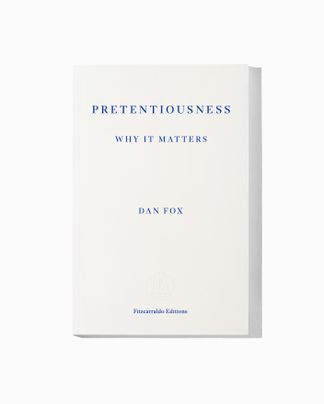The translation of this work was supported by a grant from the Goethe-Institut which is funded by the German Ministry of Foreign Affairs
Written with the passion of an obsessive, Nicotine addresses a life of addiction, from the epiphany of the first drag to the perennial last last cigarette. Reflecting on his experiences as a smoker from a young age, Gregor Hens investigates the irreversible effects of nicotine on thought and patterns of behaviours. He extends the conversation with other smokers to meditations on Mark Twain and Italo Svevo, the nature of habit, the validity of hypnosis, and the most insignificant city in the United States, where he lived for far too long. With comic insight and meticulous precision, Hens deconstructs every facet of the dependency and offers a brilliant disquisition on the psychopathology of addiction.





